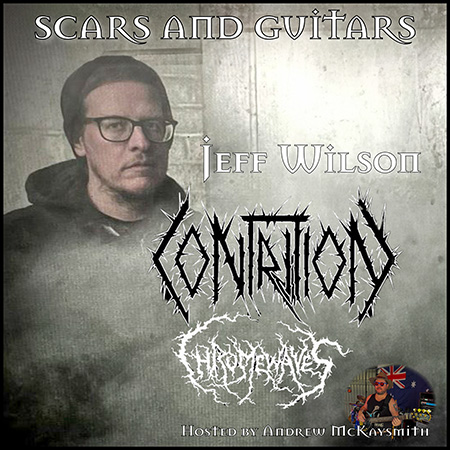'Musicians' Perspective Series' - The Bass Guitar
Description
This inaugural episode of our series pays tribute to the profound influence of musicians who have redefined the musical landscape across diverse genres. It offers a deep dive into the evolution of the bass guitar, spotlighting the trailblazing artists who elevated it from a supporting role to a driving force in the development of funk, disco, and fusion as these styles branched out from their jazz origins.
We begin with Larry Graham, the father of slap bass, whose work on Sly and the Family Stone's "Thank You" and Graham Central Station’s "Hair" and "Now Do You Wanna Dance" defined funk’s rhythmic core. Moving into jazz fusion, we spotlight Stanley Clarke, whose innovative bass lines on "Lopsy Lu" and "School Days" demonstrated the instrument's melodic and harmonic possibilities.
The funk and disco world is represented by Bernard Edwards, whose legendary grooves on CHIC classics like "I Want Your Love" and "Dance, Dance, Dance" set a gold standard, alongside Nate Phillips of Pleasure, celebrated for his electrifying work on "Glide." Louis Johnson of The Brothers Johnson brought slap bass to new heights with tracks like "Get the Funk Out of My Face" and "Stomp!"
We also honour Abraham Laboriel, known for his sophisticated work on George Benson's "Give Me the Night," and Freddie Washington, whose iconic bassline drives Patrice Rushen's "Forget Me Nots." Mark King of Level 42 showcases the fusion of funk and pop with his intricate playing on "Love Games" and "Lessons in Love," while Ron Francois delivers melodic elegance in Eurogliders’ "Heaven."
The episode highlights the subtle genius of Nathan East, whose minimalist grooves in Daft Punk's "Lose Yourself to Dance" and Eurythmics' "Would I Lie to You?" exemplify restraint and precision. We then turn to the soulful power of Doug Pinnick from King's X on "Dogman" and the eccentric brilliance of Les Claypool, who reimagined Stanley Clarke’s "Silly Putty" with Primus.
Finally, we venture into extreme metal with Steve DiGiorgio, whose fretless mastery shines in Death’s "Nothing is Everything" and Control Denied’s "Breaking the Broken," and Tony Choy, whose jazz-inspired lines in Atheist’s "Mother Man" expanded the boundaries of technical death metal. We celebrate Sean Malone of Cynic for his breathtaking solo on "Textures" and remember the late Roger Patterson, whose aggressive style shaped Atheist’s early sound.
This series intentionally excludes titans like James Jamerson, Steve Harris, John Entwistle, Jack Bruce, John Paul Jones, and Jaco Pastorius, who already enjoy widespread acclaim. Instead, the spotlight underappreciated bassists from funk, jazz fusion, dance funk, disco, funk metal and extreme metal, whose artistry has influenced countless musicians, including myself. This episode is a tribute to their enduring contributions and a testament to the profound impact of the bass guitar on modern music.
























